After 5 yrs of decline, India up 16 places to 55th on Global Competitiveness Index
Updated: Sep 30, 2015 12:38:03pm
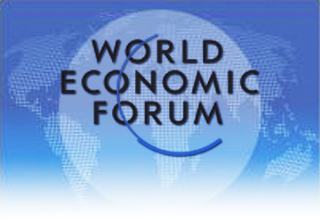
“This dramatic reversal is largely attributable to the momentum initiated by the election of Narendra Modi, whose pro-business, pro-growth, and anti-corruption stance has improved the business community’s sentiment toward the government,” the World Economic Forum (WEF) said in its latest Global Competitiveness Report.
The jump in India's position underlines the country's recent economic recovery, improvement in the competitiveness of the country's institutions and its macroeconomic environment and a "slight improvement" in infrastructure, the report added.
Globally, Switzerland has retained its top position as the world's most competitive economy for seventh year in a row and is followed by Singapore, the US, Germany and the Netherlands in the top five.
These countries are followed by Japan, Hong Kong, Finland, Sweden and the UK in the top ten. Meanwhile, South Africa is ranked higher and it has re-entered the top 50, progressing seven places to 49th.
The WEF said that the most problematic factors for doing business in India include corruption, policy instability, inflation and access to finance.
The areas where India ranks better were investor protection, gross national savings, quality of education system, venture capital availability, hiring and firing practices, GDP and domestic market size, public trust in politicians and burden of government regulation.
China, holding steady at 28, remains by far the most competitive among large emerging economies, although its lack of progress moving up the ranking shows the challenges it faces in transitioning its economy, the WEF said.
In terms of competitiveness of its institutions, India is ranked 60th (out of total 140 countries and up 10 positions from last year), while for infrastructure it has gained six places to 81st.
For macroeconomic environment, India is ranked 91st, helped by a reduction in commodity prices and improvement in the government's budget deficit.
The WEF further said, "To improve further, India must stay the course - its overall ranking is still hampered by one of the highest budget deficits in the world (131 out of 140)."
"(Besides) the quality of its electricity supply which is still too low (91st) and, surprisingly for a country with so many IT champions, the overall technology readiness of its businesses, which comes in at a poor 120, up just one position on 2014."
The WEF said its survey of top executives also finds corruption followed by political instability and inflation as the most problematic factor to doing business in the country.
The study, released on Wednesday, assesses 140 countries on the basis of factors driving their productivity and prosperity.
"The failure, particularly by emerging markets, to improve competitiveness since the recession suggests future shocks to the global economy could have deep and protracted consequences," the WEF said.
While no member of the South Asian Association for Regional Cooperation (SAARC) features in the top 50, India leads in this group at 55th place. All others are ranked 100th or below, while India is followed by Sri Lanka (68th, up five), Nepal (100th, up two), Bhutan (105th, down two), Bangladesh (107th, up two), and Pakistan (126th, up three).
"Infrastructure has improved (81st, up six) but remains a major growth bottleneck-electricity in particular.
"The fact that the most notable improvements are in the basic drivers of competitiveness bodes well for the future, especially the development of the manufacturing sector."
"But other areas also deserve attention, including technological readiness: India remains one of the least digitally connected countries in the world (120th, up one). Fewer than one in five Indians access the Internet on a regular basis, and fewer than two in five are estimated to own even a basic cell phone," the WEF added.
To access the full report please click the link below:
http://fisme.org.in/document/After5yrsofdecline.docx
(KNN Bureau)

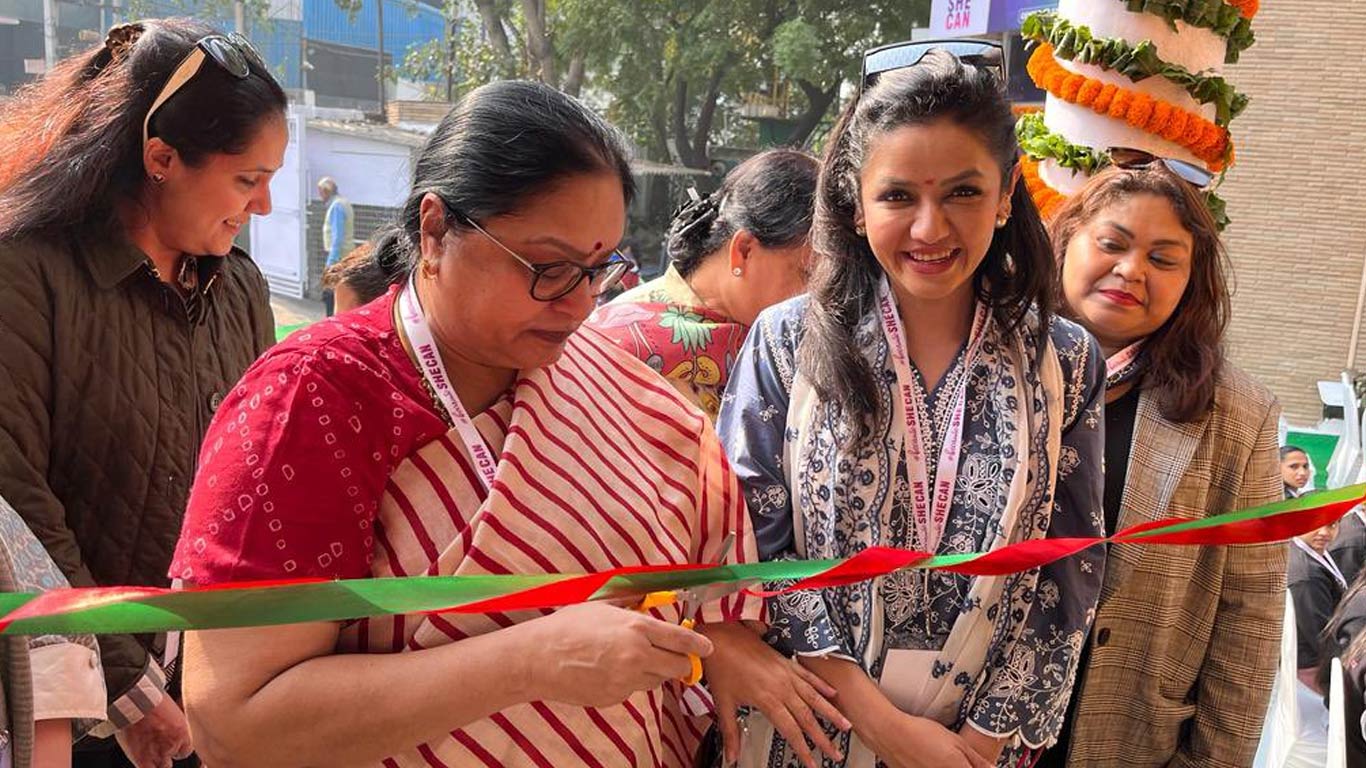
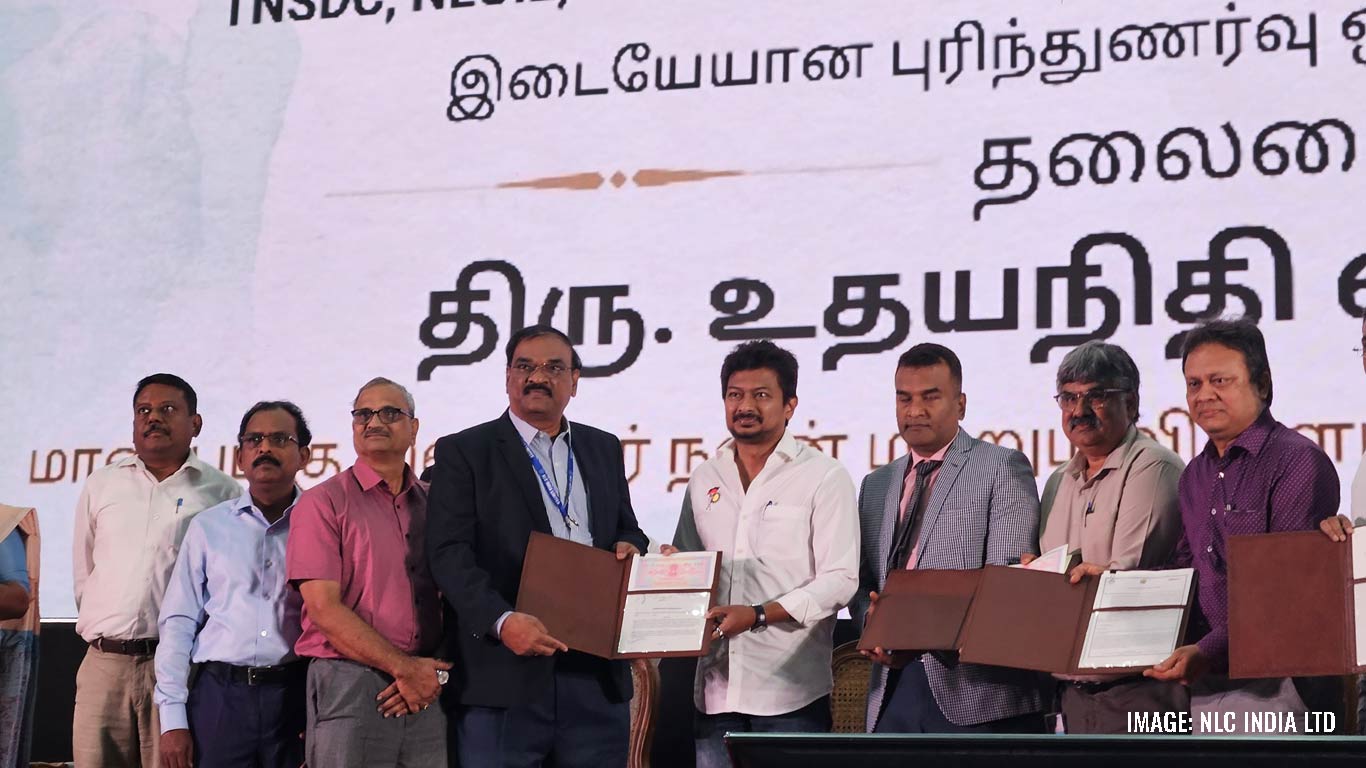

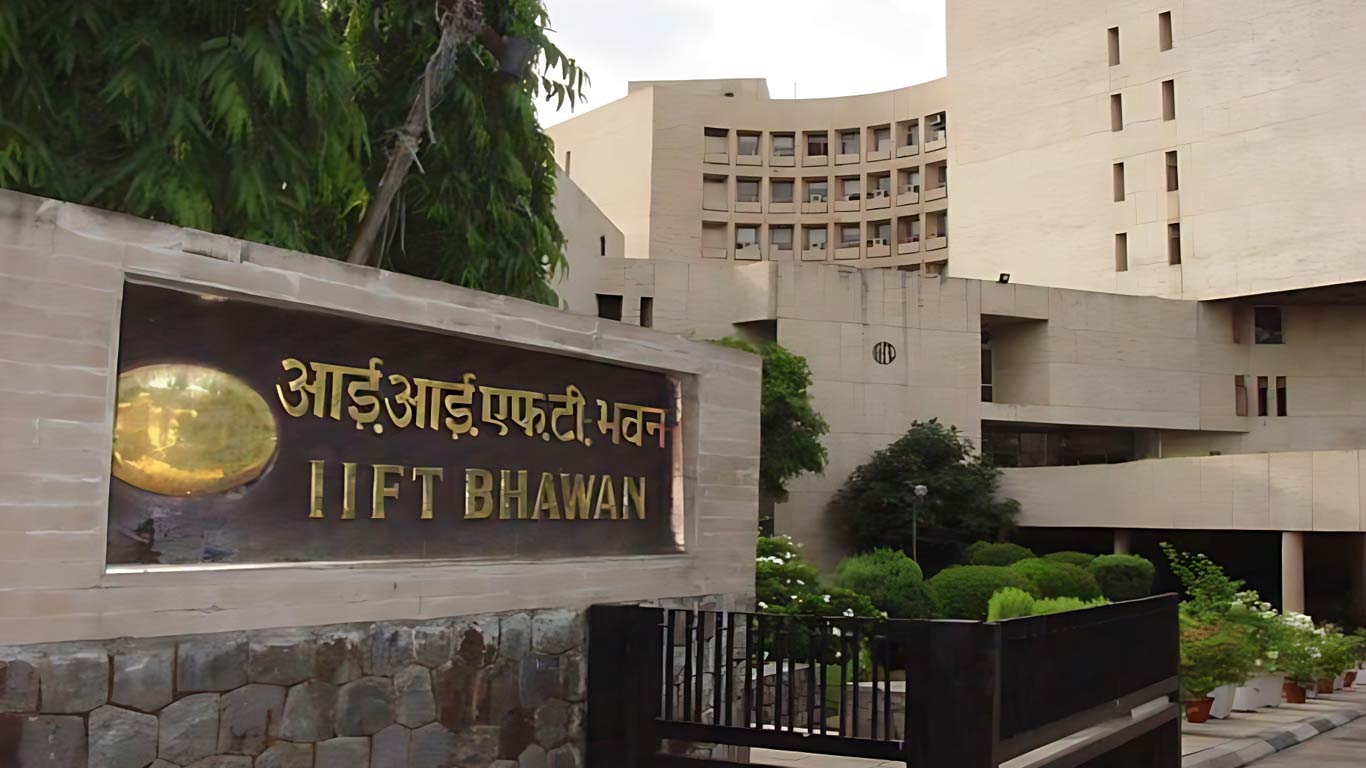
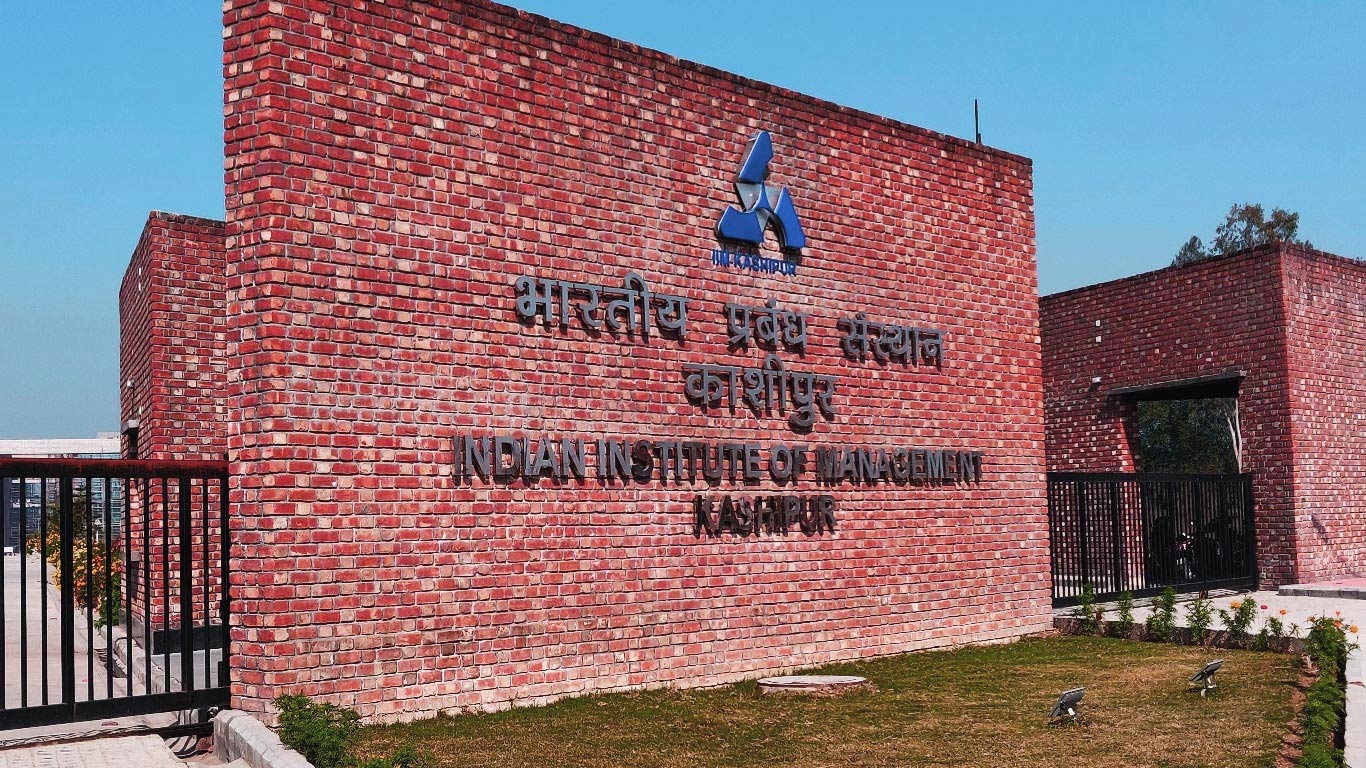





